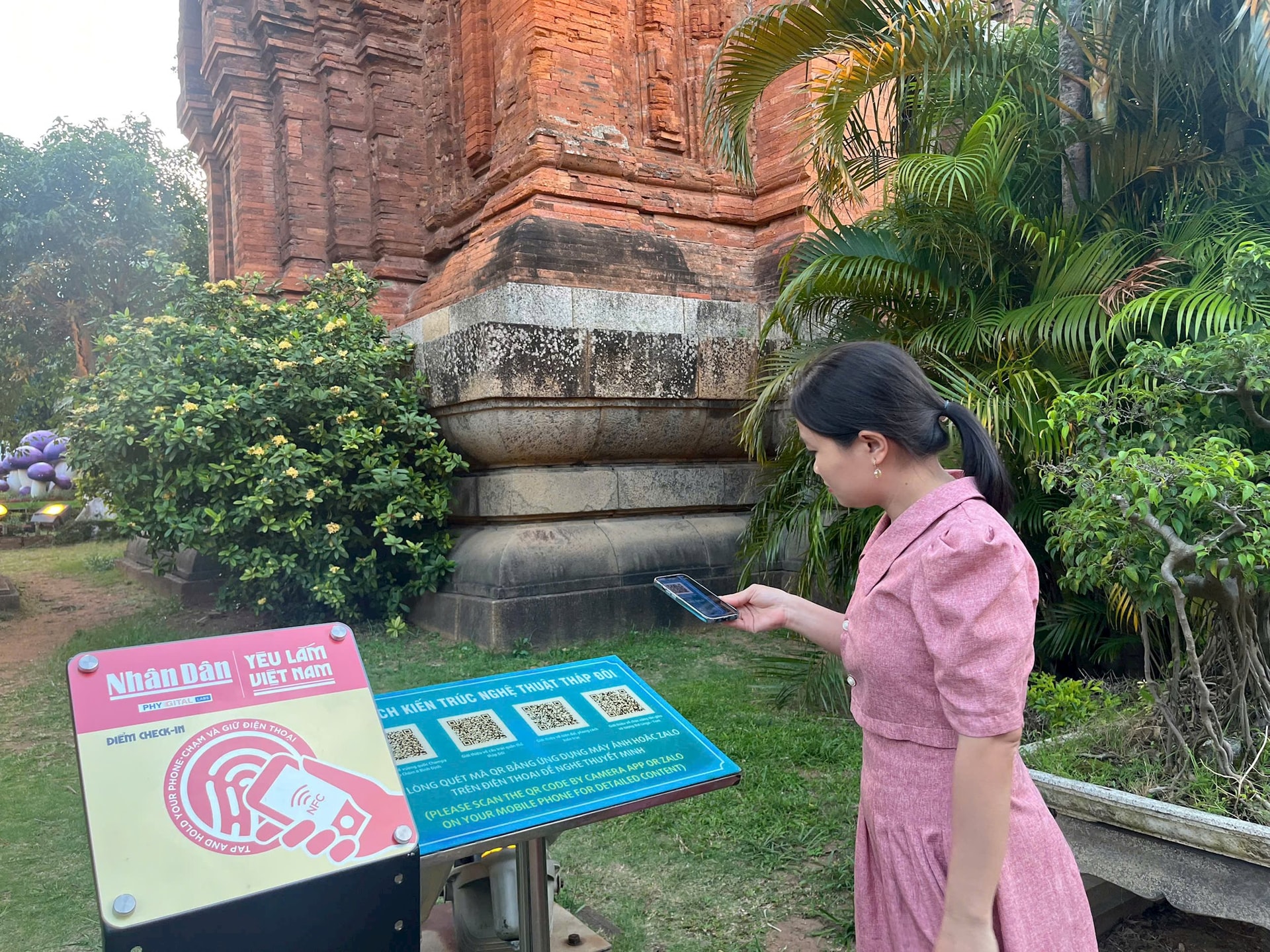
We typed the command into ChatGPT, requesting to create a 3-day, 2-night itinerary for a trip to Quy Nhon (Binh Dinh), in which we had to arrange a reasonable time between exploring and resting. In less than a minute, we had 2 versions of the Quy Nhon - Binh Dinh tour to choose from, even specifically including the time for eating, resting, and the unique culinary locations of the locals.
At each destination, instead of having to ask for directions, the girls from Quang Nam use Google Maps proficiently. Even for accommodation, Traveloka - a website specializing in tourism services, supports finding good-priced apartments in Quy Nhon City.
Technology is becoming a true companion on every journey. To the point that many young people, instead of inviting someone to “go for fun”, Gen Z choose to travel with... virtual assistants. Google Maps, TripAdvisor, Booking, Klook, Airbnb, ChatGPT, Revolut, Apple Pay - are apps that are used to give directions, suggest destinations, hunt for cheap tickets, exchange digital currency, book restaurants, find “Instagrammable” cafes...
Where to go? Ask Google. What to eat? Ask TikTok. When is the best time to go? Check the cherry blossom calendar on Instagram. And if you get lost in the woods - with just a power bank and strong 4G, you can still survive like a "digital wolf" - almost a guide that Gen Z whispers to each other.
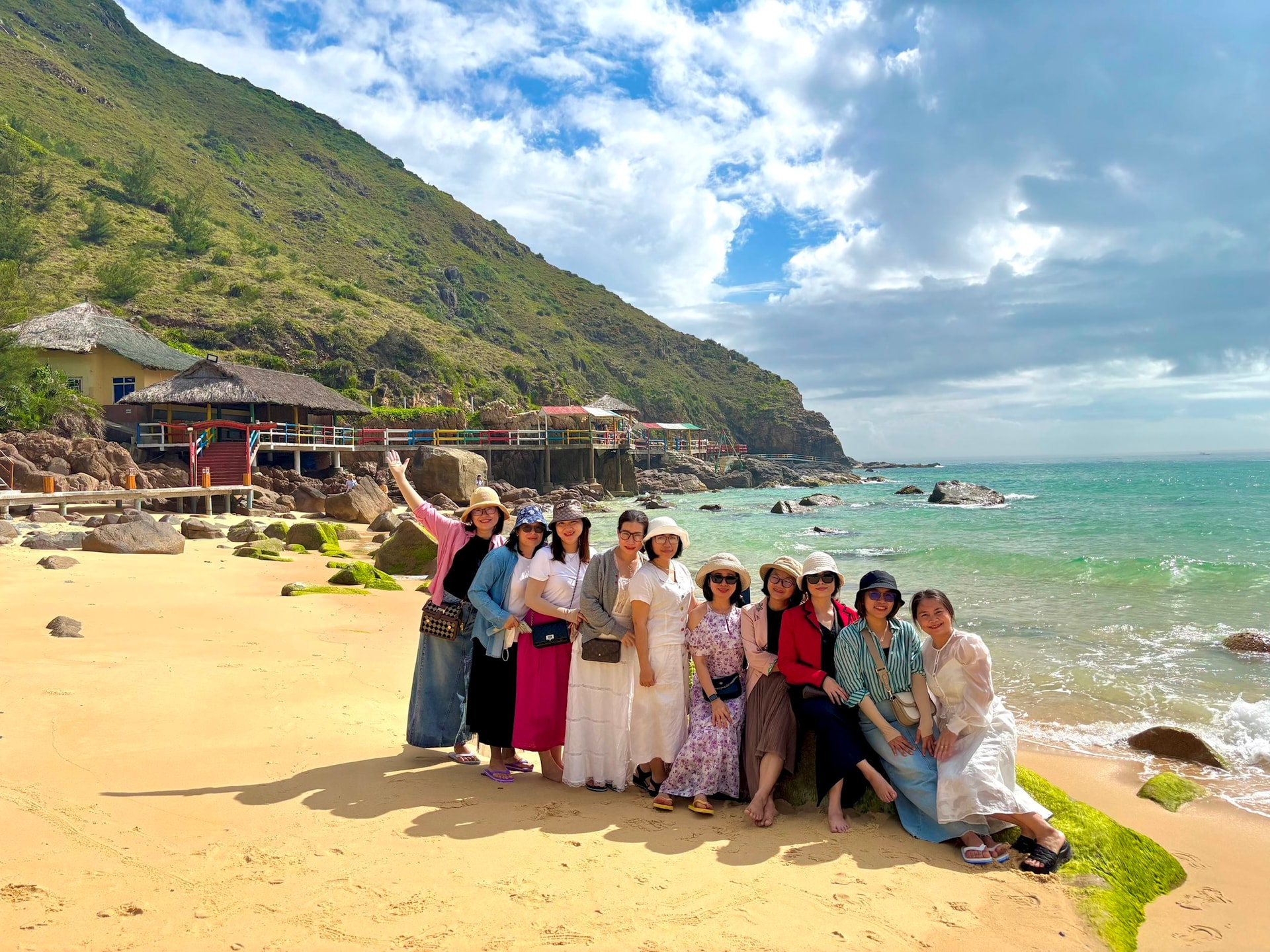
Moreover, the 9-10X generation sometimes travels to... earn money. Taking advantage of technology applications, they create attractive media products and create effects on social media channels. A journey of self-designing experiences brings many different emotions, sometimes bursting because it is so right, sometimes disappointed because they believe too much in the advertisements. But all will give the traveler the excitement to explore further.
During the trip to Quy Nhon, my friends absolutely did not trust Google when asking about good restaurants. Perhaps because the culinary tastes of coastal people are different from those of Quang people, or sometimes the restaurants are in the middle of a festival and have not had time to prepare properly.
Following the trend of leveraging technology while traveling, many destinations are also using AI to enhance the experience for visitors. In Singapore, the national tourism board has collaborated with researchers to develop a travel guide based on visitors’ emotions, using brainwave technology. This research helps create personalized itineraries based on visitors’ emotional responses to different activities.
Vietnam is also a country that is quick to adopt artificial intelligence (AI). Currently, Da Nang City has deployed Chatbot Danang Fantasticity - an automatic tourism information support channel via text messages. This application provides information about destinations, events, weather and many other services, helping tourists easily access necessary information.
Of course, AI only supports travelers with its modern features, enhancing the experience with a diverse data warehouse. But each land is a different emotion under different eyes...
Source: https://baoquangnam.vn/di-choi-cung-ai-3152655.html


![[Photo] Welcoming ceremony for Prime Minister of the Federal Democratic Republic of Ethiopia Abiy Ahmed Ali and his wife](https://vstatic.vietnam.vn/vietnam/resource/IMAGE/2025/4/15/77c08dcbe52c42e2ac01c322fe86e78b)
![[Photo] General Secretary To Lam receives Ethiopian Prime Minister Abiy Ahmed Ali](https://vstatic.vietnam.vn/vietnam/resource/IMAGE/2025/4/15/086fa862ad6d4c8ca337d57208555715)

![[Photo] Prime Minister Pham Minh Chinh holds talks with Ethiopian Prime Minister Abiy Ahmed Ali](https://vstatic.vietnam.vn/vietnam/resource/IMAGE/2025/4/15/4f7ba52301694c32aac39eab11cf70a4)
![[Photo] National Assembly Chairman Tran Thanh Man attends the summary of the organization of the Conference of the Executive Committee of the Francophone Parliamentary Union](https://vstatic.vietnam.vn/vietnam/resource/IMAGE/2025/4/15/fe022fef73d0431ab6cfc1570af598ac)
![[Photo] The two Prime Ministers witnessed the signing ceremony of cooperation documents between Vietnam and Ethiopia.](https://vstatic.vietnam.vn/vietnam/resource/IMAGE/2025/4/15/16e350289aec4a6ea74b93ee396ada21)


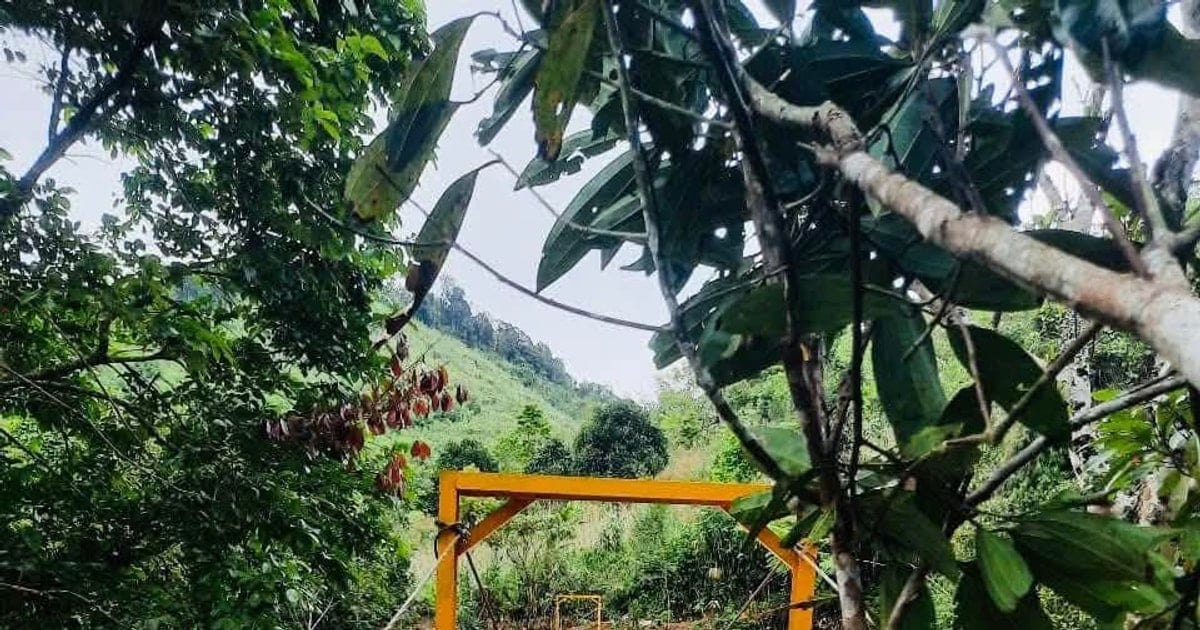
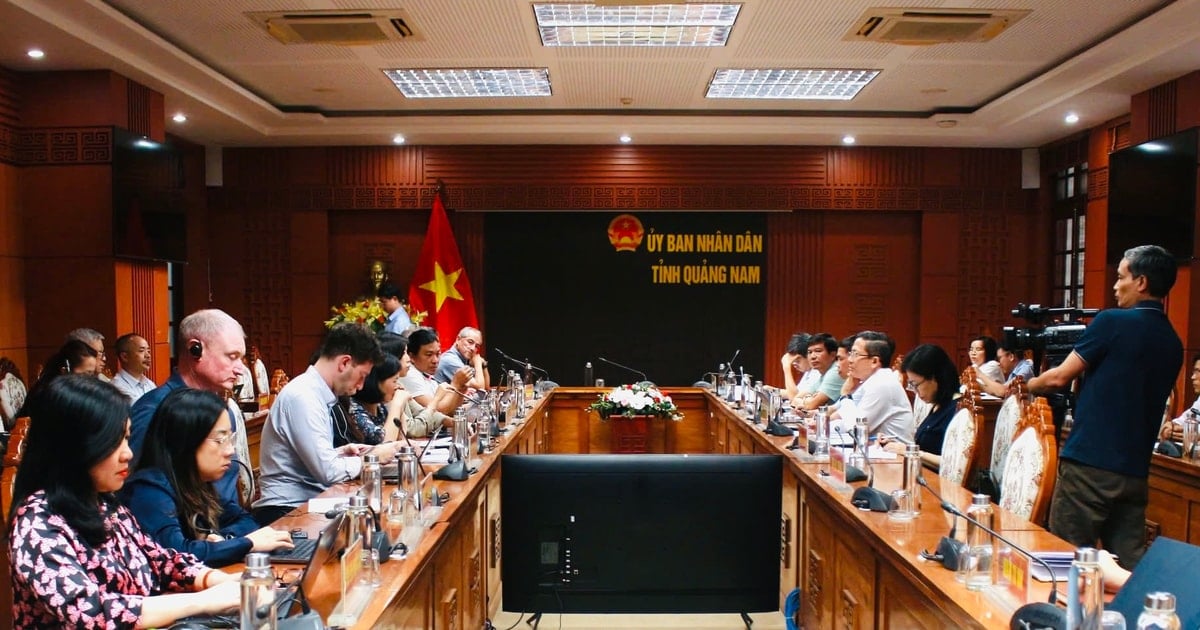






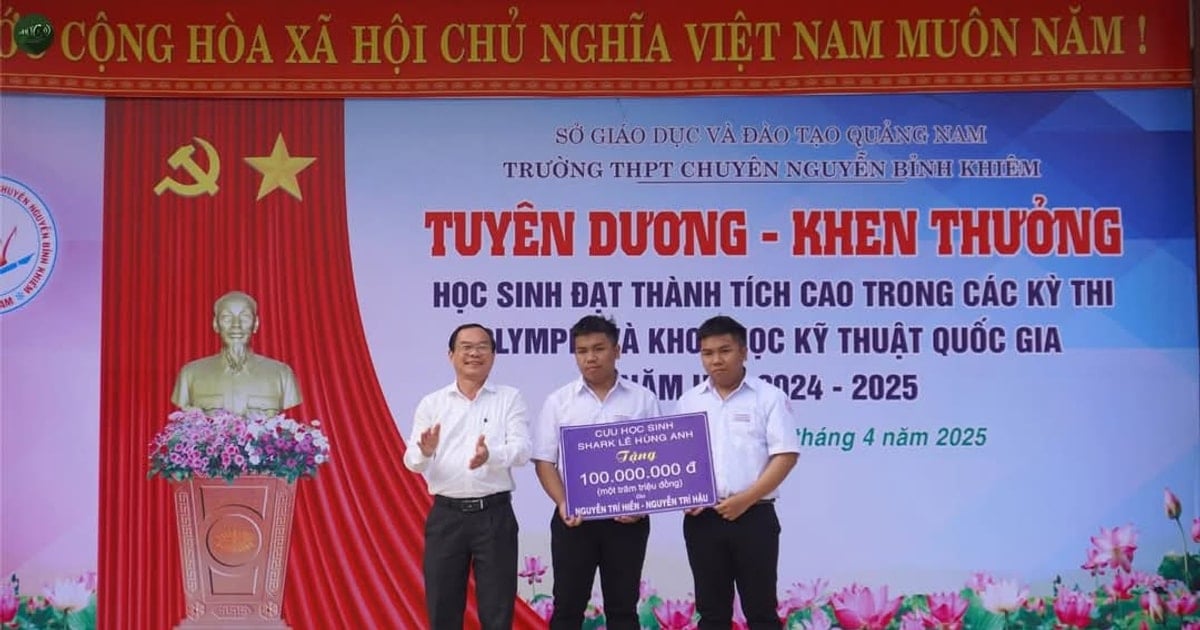
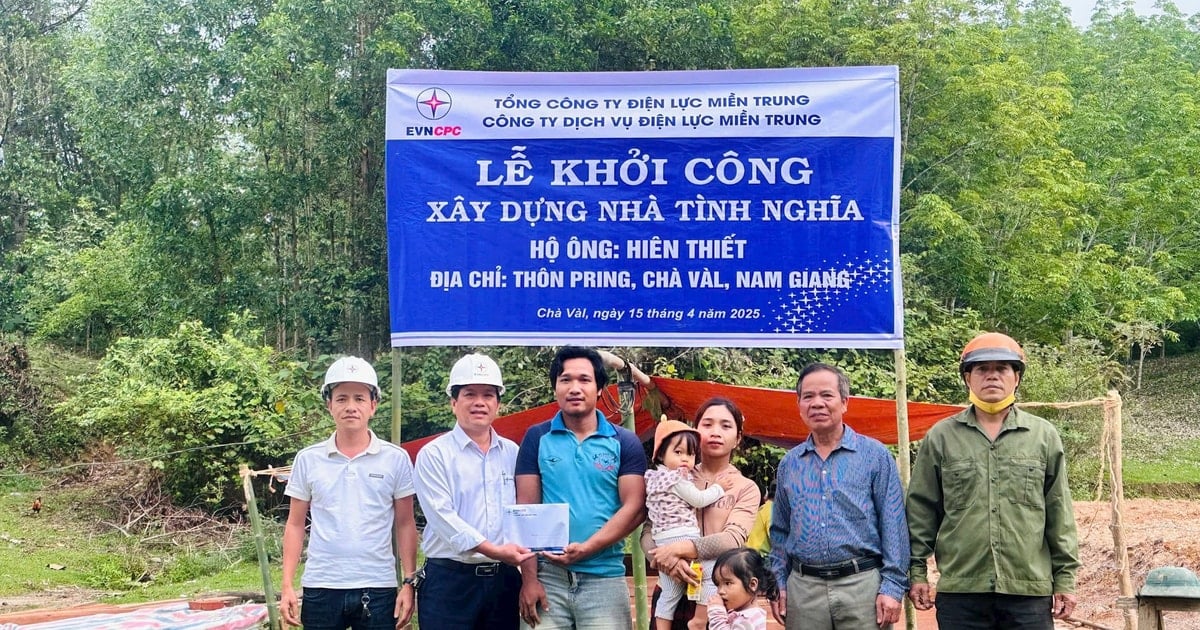
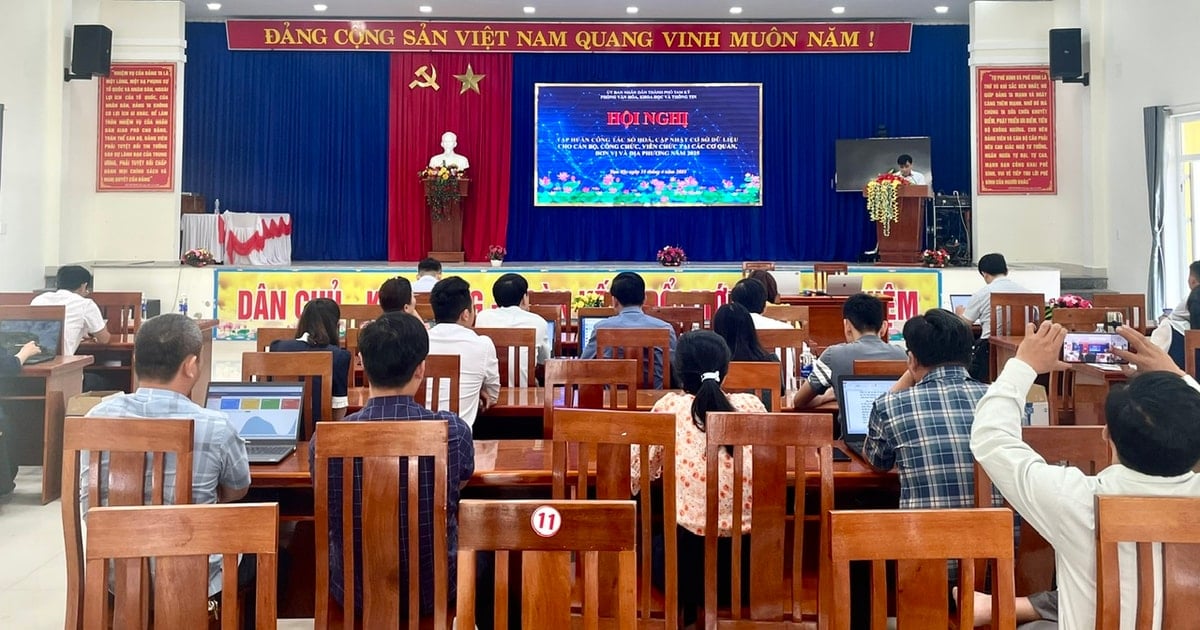
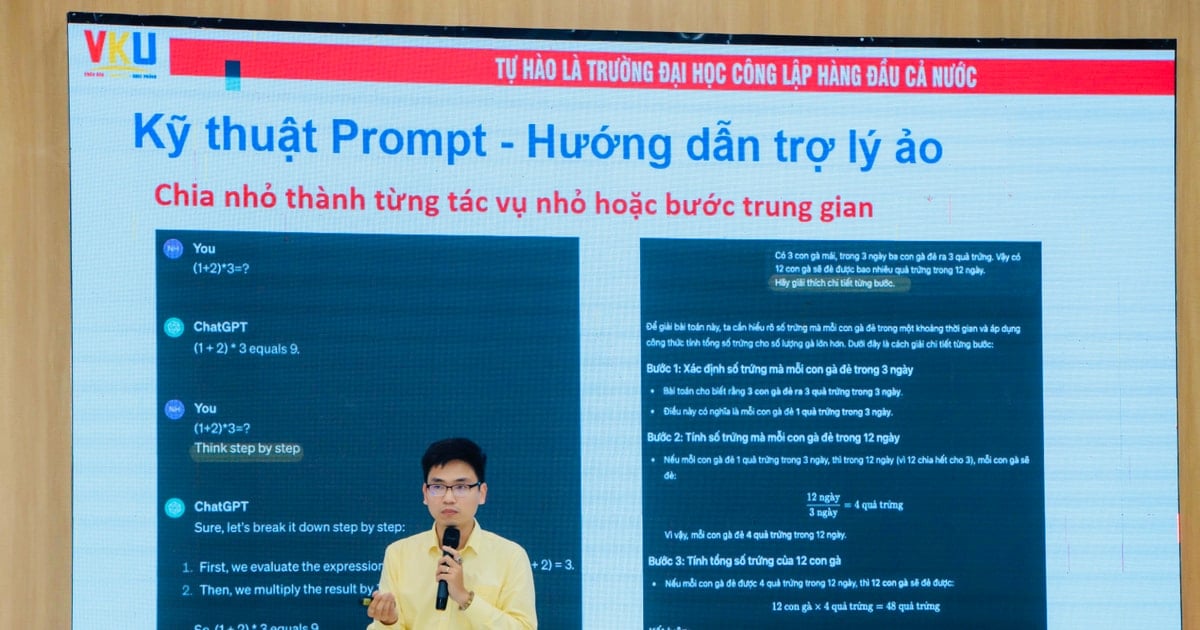
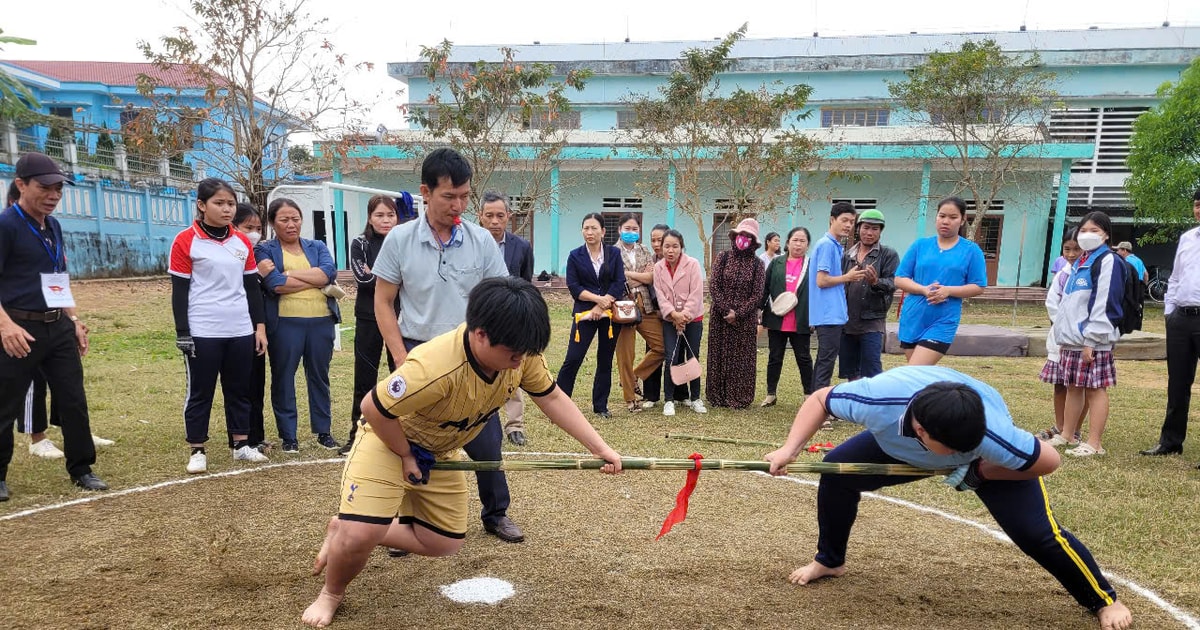
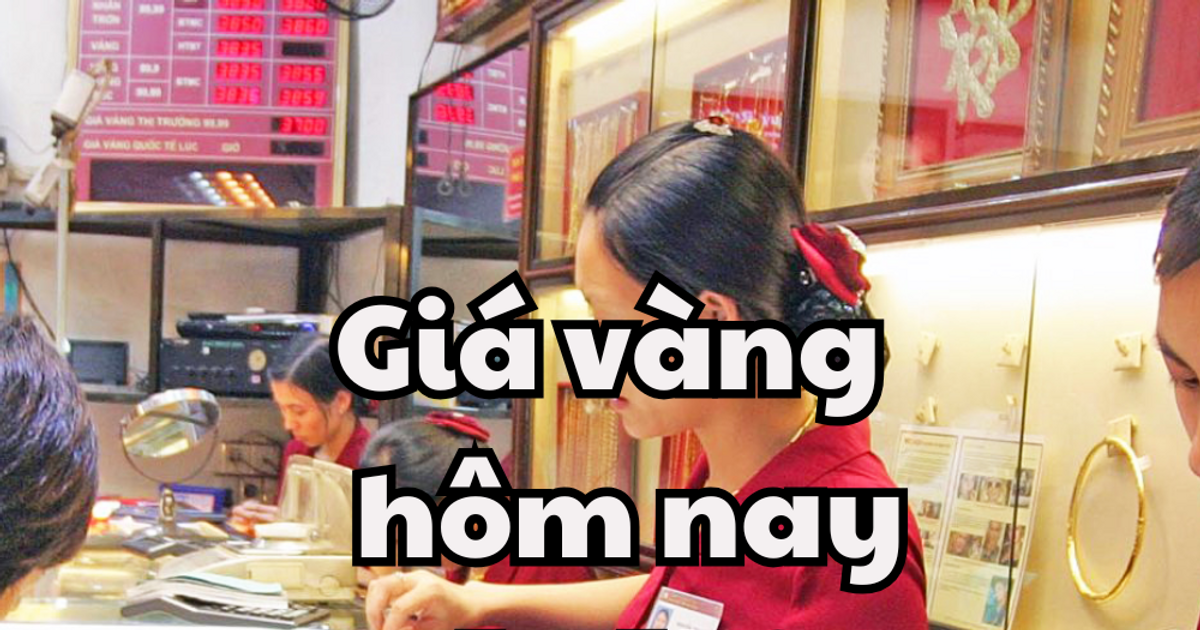
![[Photo] General Secretary To Lam meets with veteran revolutionary cadres, meritorious people, and exemplary policy families](https://vstatic.vietnam.vn/vietnam/resource/IMAGE/2025/4/15/7363ba75eb3c4a9e8241b65163176f63)

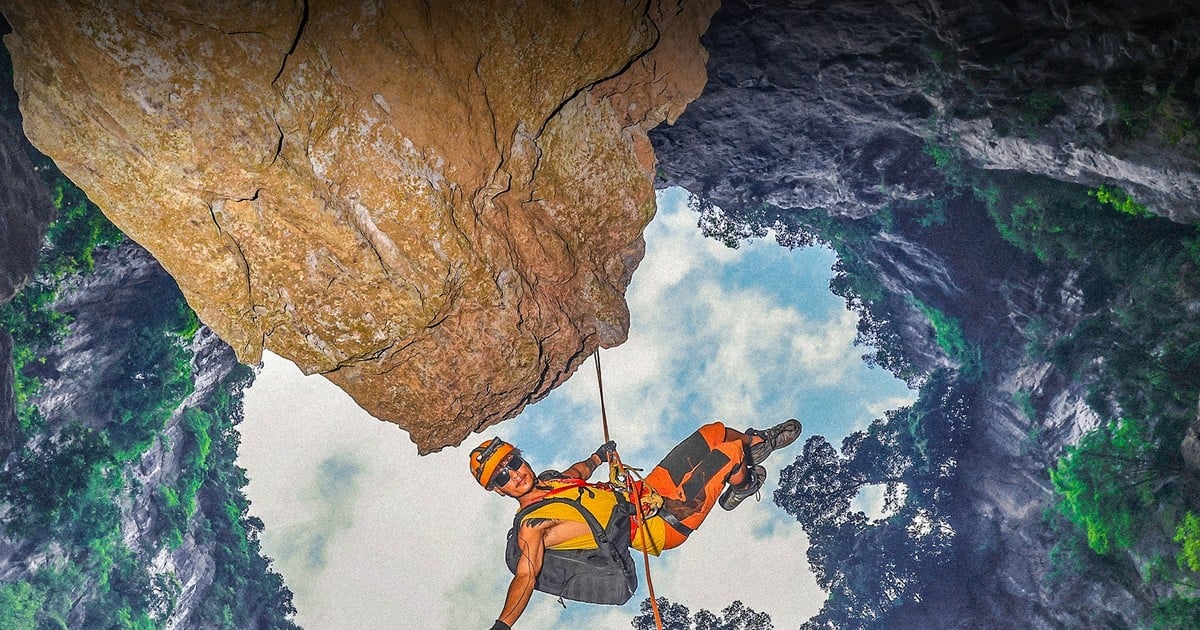



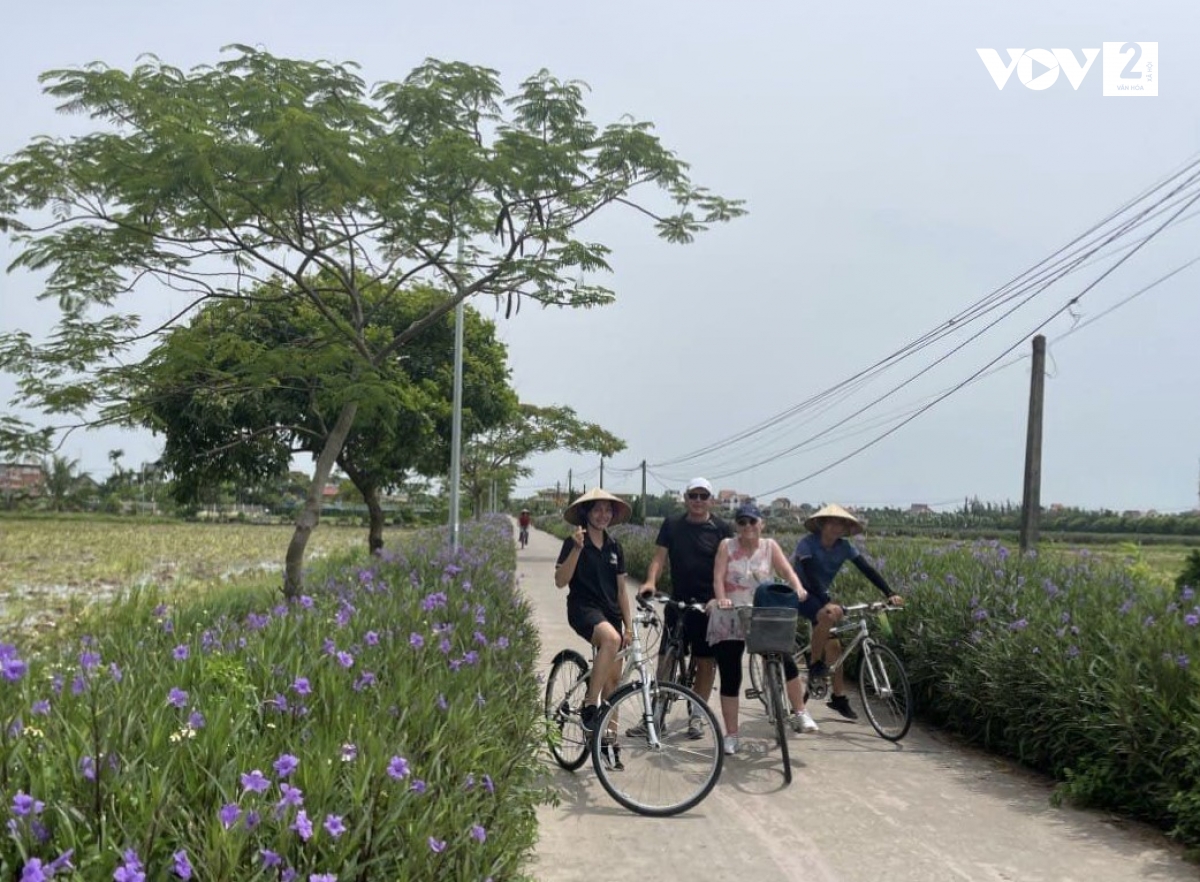

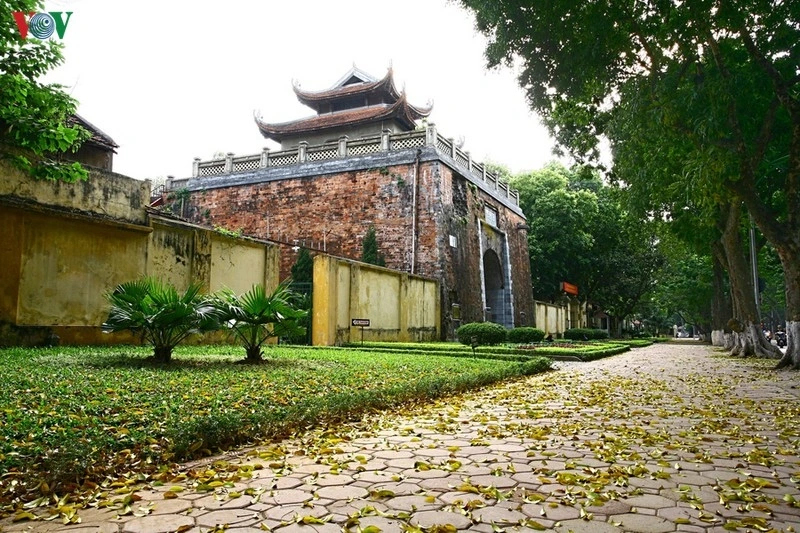
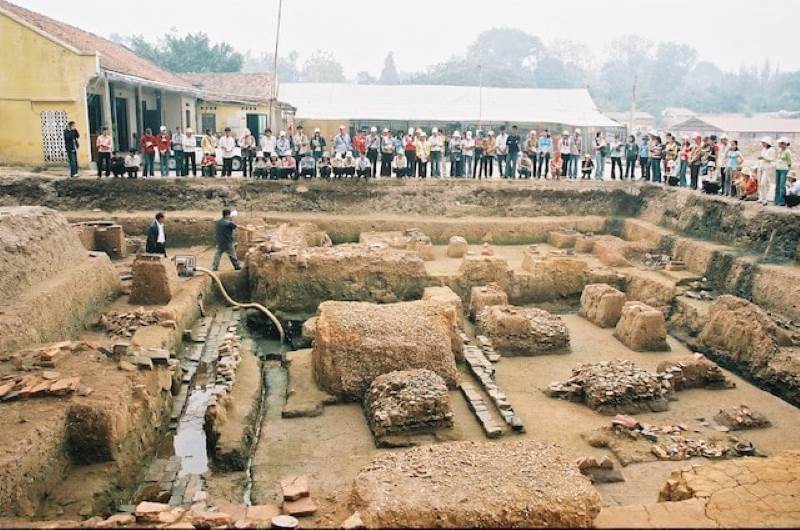

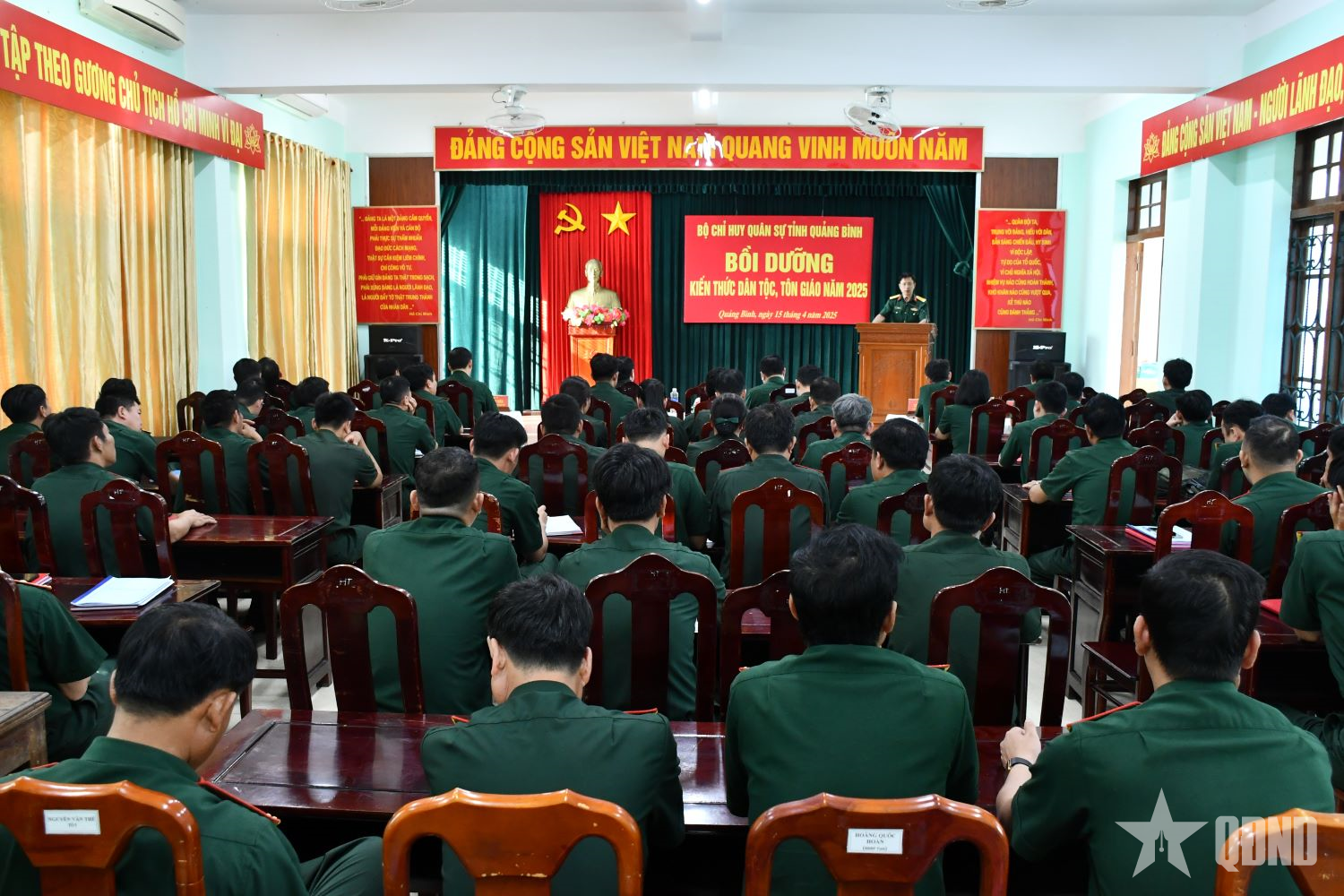

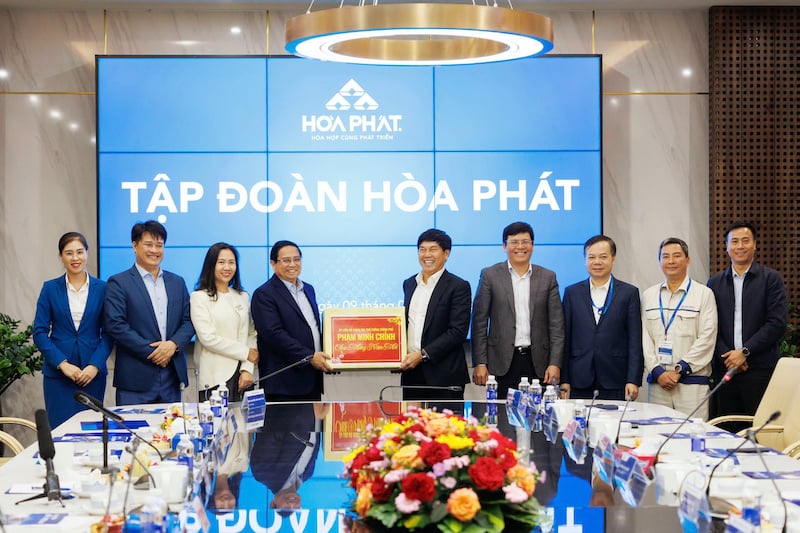

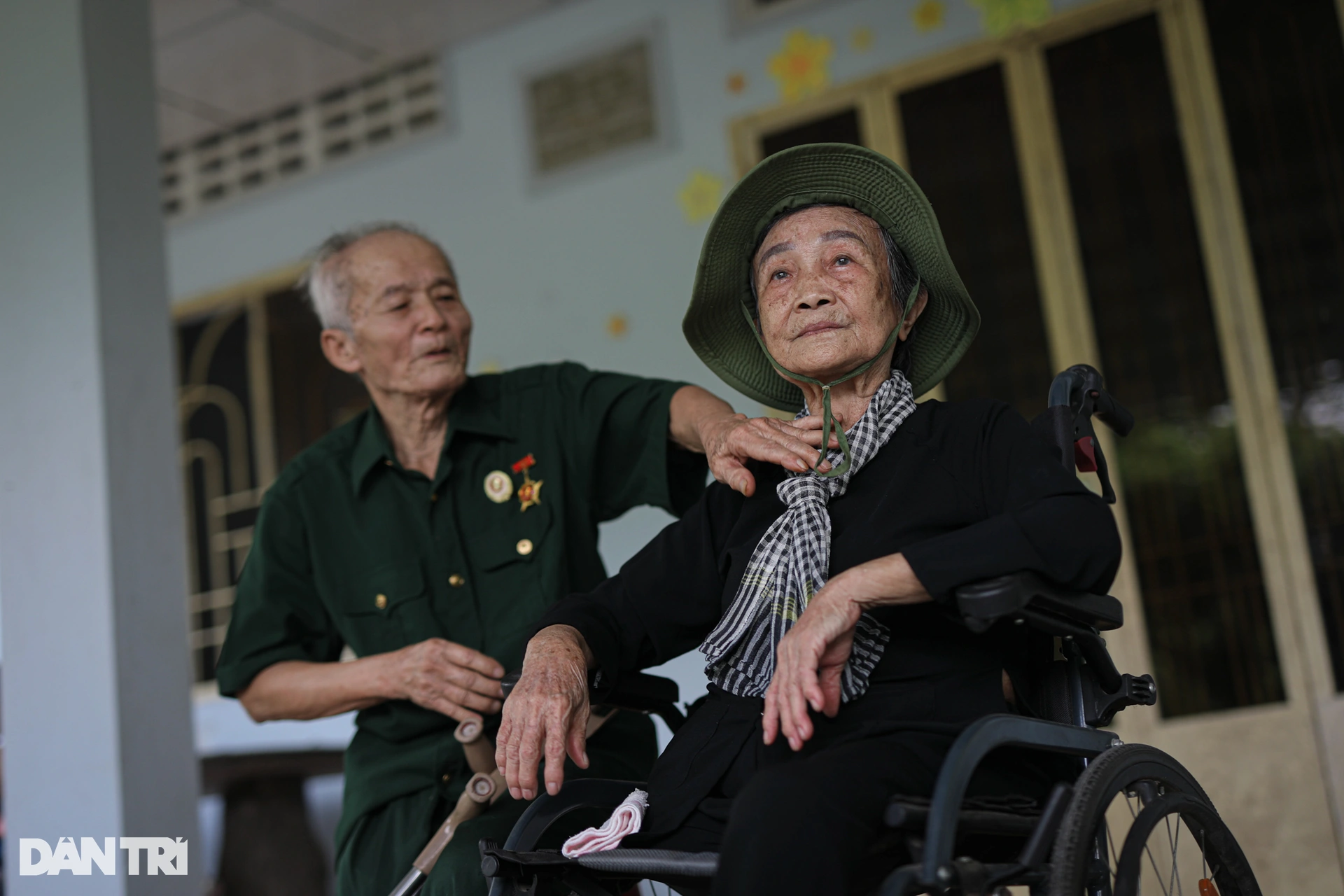

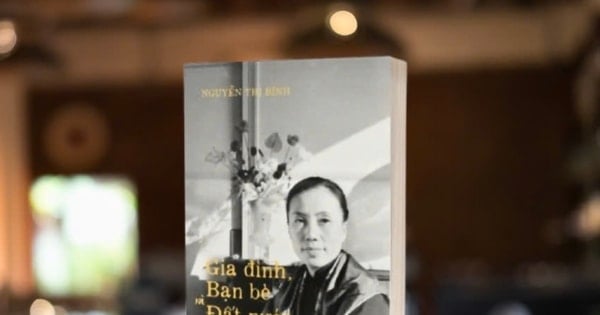



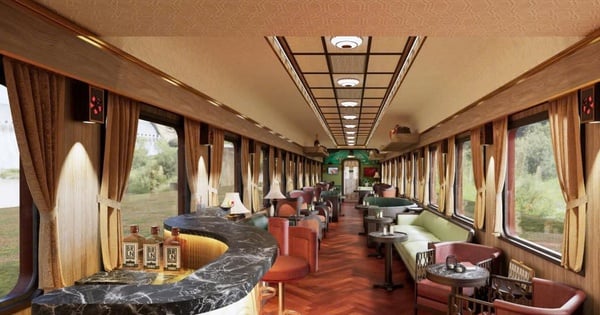



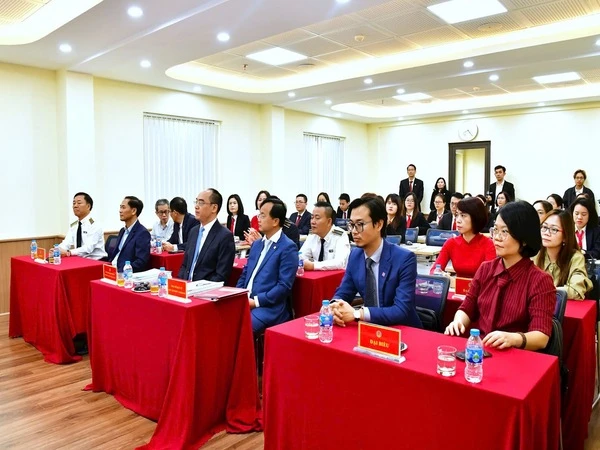
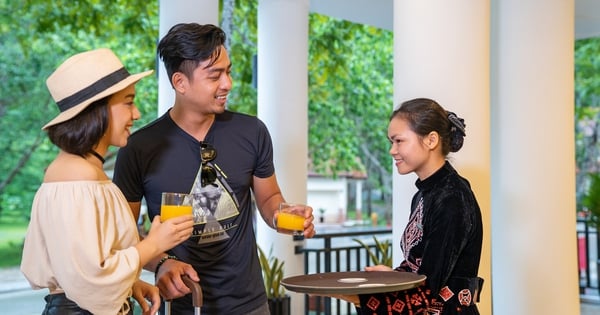










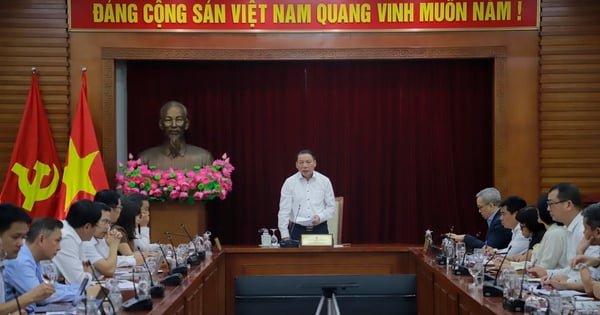

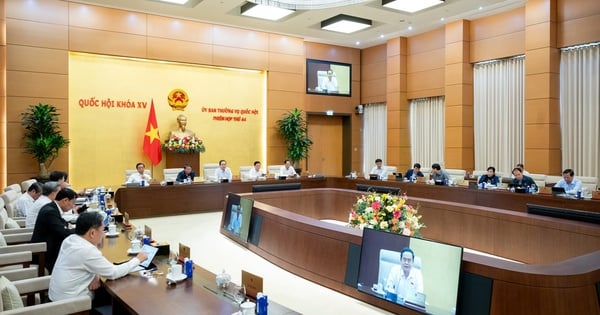

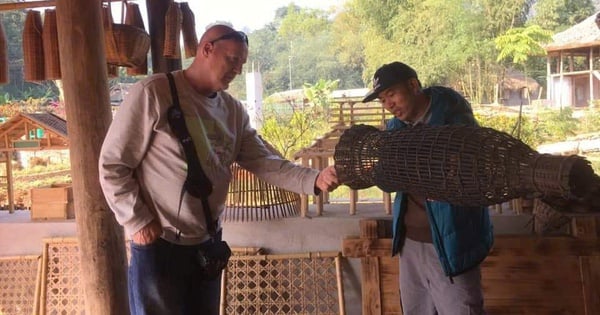
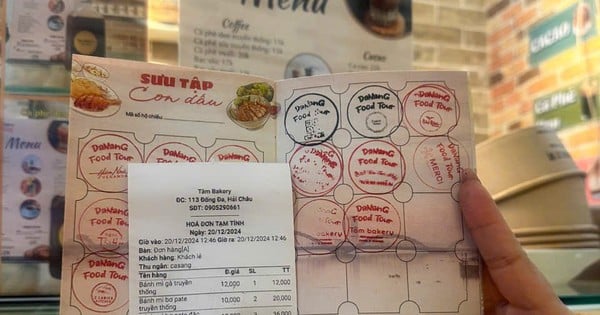
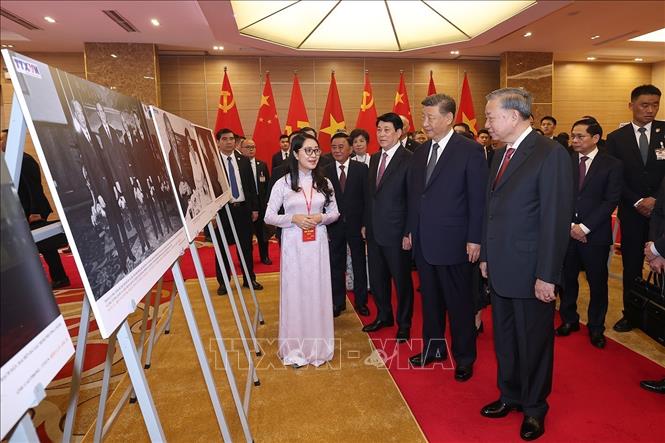

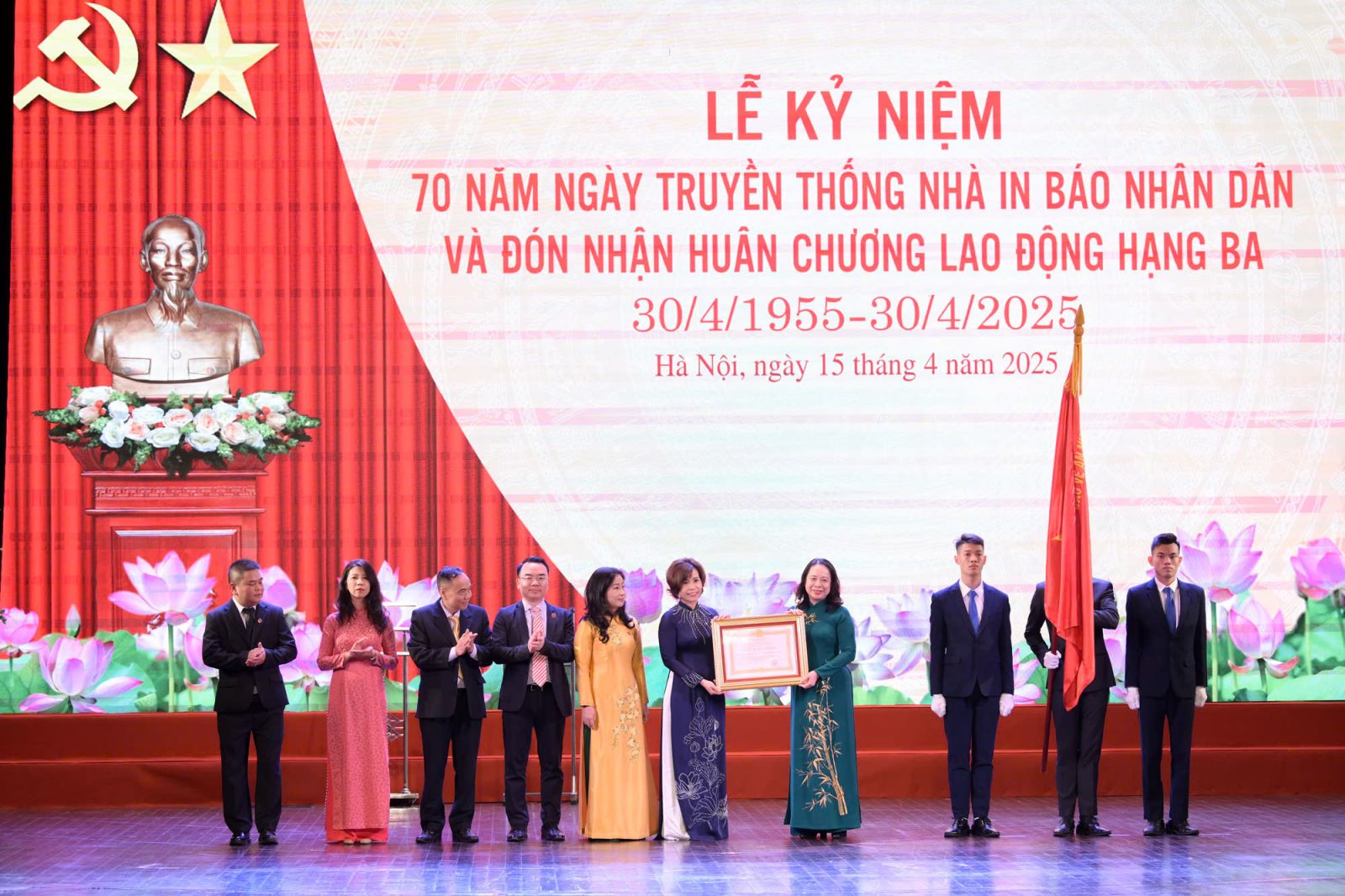
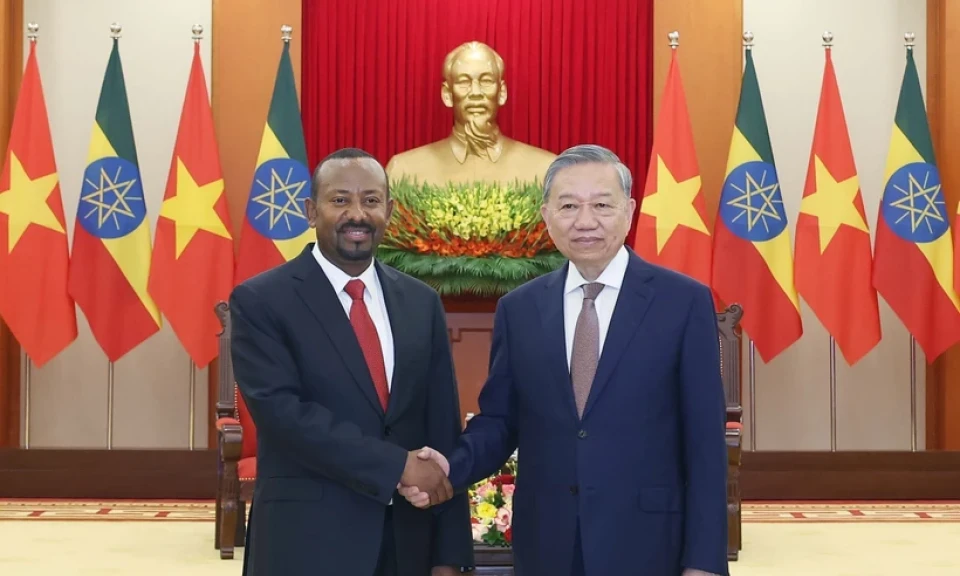

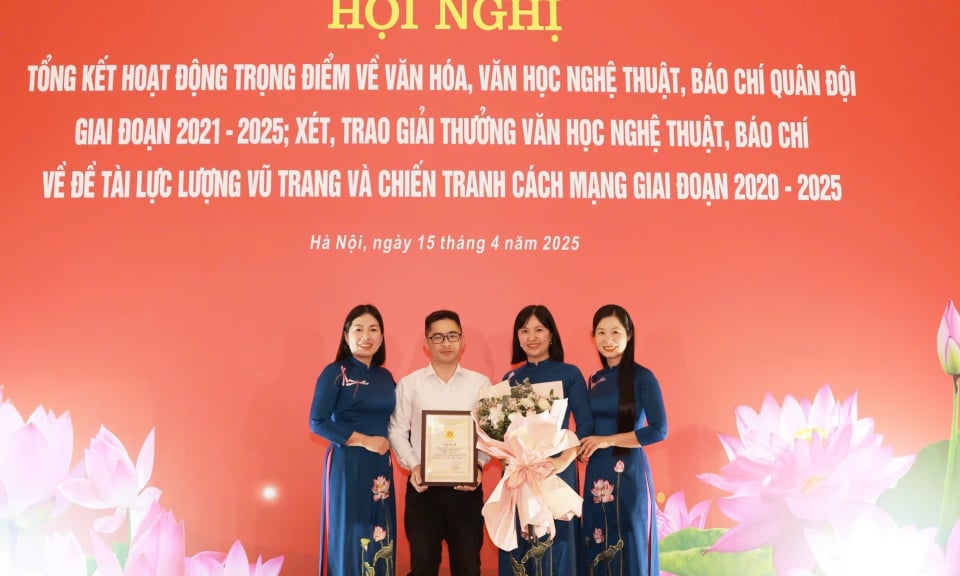




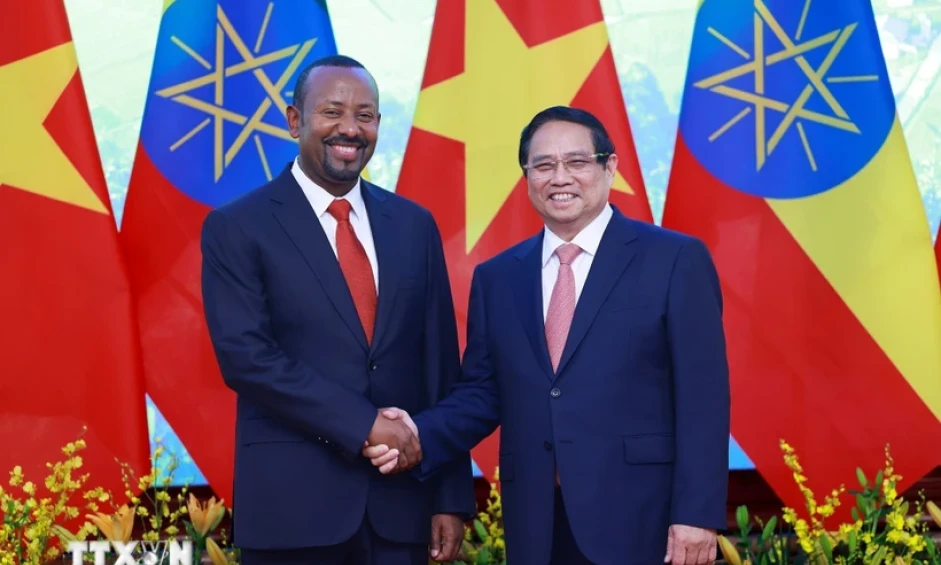
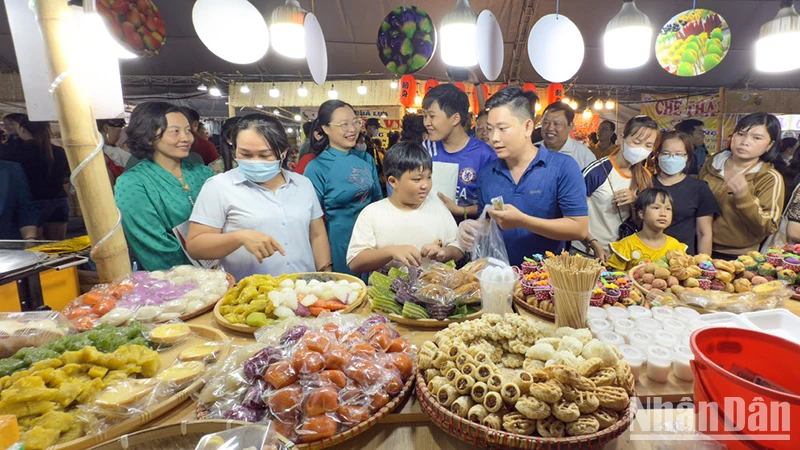



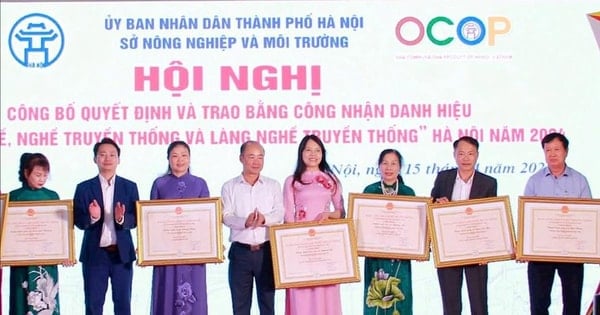


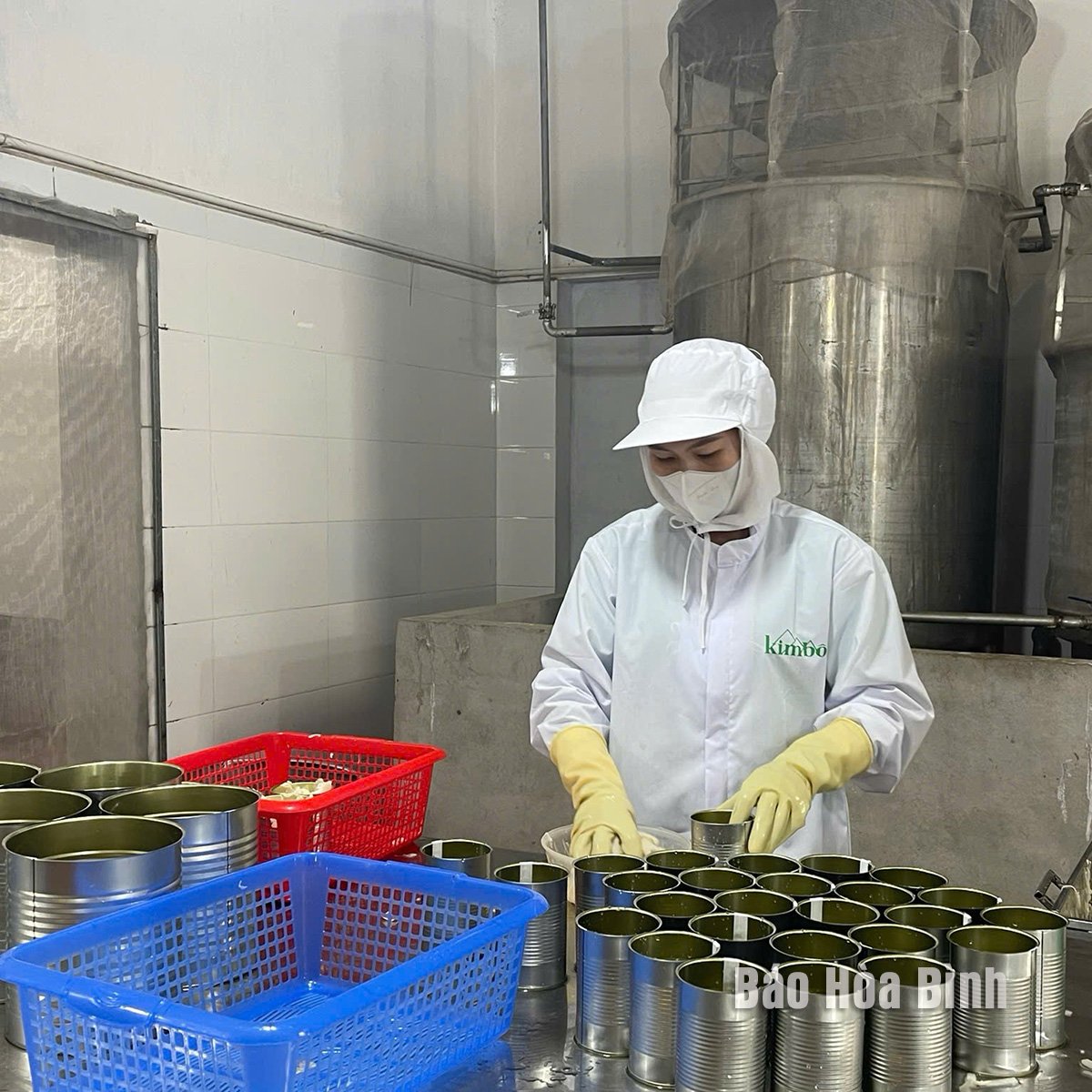

Comment (0)